
Position: Student Support Counselor – Seattle Public Schools (Madrona Elementary)
What led you to your current position? I was led to Seneca and this position by a deep commitment to supporting equitable access to high-quality education. My history working with and volunteering in service of young people has provided valuable context in this role, which is the most rewarding I have had during my professional career!
Fun Fact/Quote: I have two Jack Russell Terriers – one is blind and the other has only one eye…And they are happy, energetic, and mischievous!
What does your average day look like? I am fortunate to arrive at Madrona every morning to a chorus of greetings from our excitable and friendly students! I have a small group of students I meet with in the morning for a daily check-in – we discuss social skills; conflict resolution; emotional responsiveness; and the importance of having a strong network of adult and peer allies.
I provide student support throughout the day in a variety of capacities and in a number of contexts. Our students face immense challenges in many areas of their lives. Through strong, trusting relationships with students, I am able to better serve their immediate and long term emotional, academic, social, and physiological needs – as well as provide wraparound support for their family, as appropriate. Family support also comes in a variety of forms – food backpack distribution in conjunction with a local nonprofit for low-income families; assisting families experiencing homelessness navigate the parameters of McKinney-Vento; facilitating holiday meal and gift distribution for families in need; and working with Seattle Public Schools to source and disseminate available resources to support these students in school and at home.
One crucial aspect of my work is communication – with students, teachers, and parents, as well as building and district administrators and consultants. I regularly meet with teachers outside of class time to conceptualize strategies and delivery methods to support students in class; download about previous resets out of the classroom; and maintain a strong sense of the pulse and culture of the classroom and school at-large.
At the end of each day, our students leave me filled with a sense of satisfaction and purpose that is unmatched in any other line of work I have experienced!
Why do you do this work? This work is rewarding beyond belief; challenging in a way that necessitates innovation and growth; and provides a positive resource for the students and families most in need. I am fortunate to have found in Seneca an organization that mirrors my values and allows me to pursue my passion for serving youth while fostering professional development.
What hope do you have for the future of our program? I am excited to be part of Seneca’s present and look forward to the many inspiring and innovative ways we will change the face of education in the years and decades to come. In particular, I look forward to seeing Seneca integrate our values and the model of Unconditional Education throughout SPS – providing exponentially greater support for some of our most vulnerable students and families.



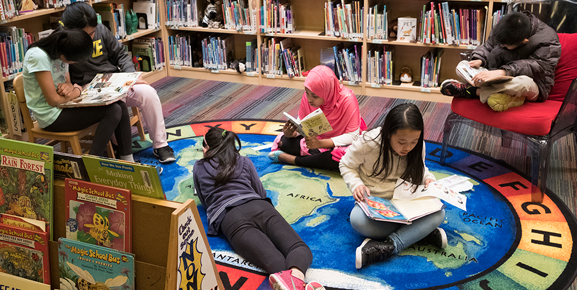
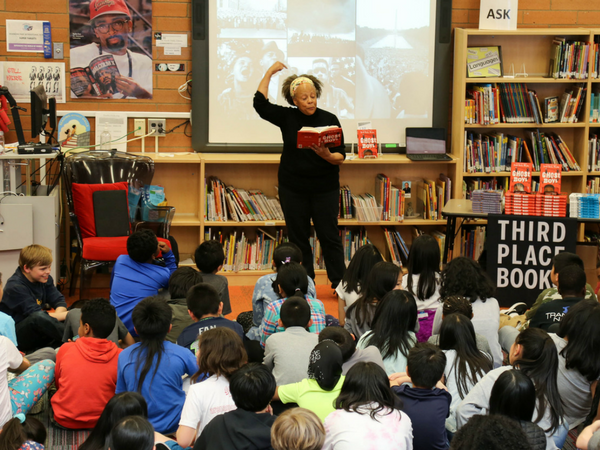
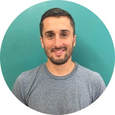


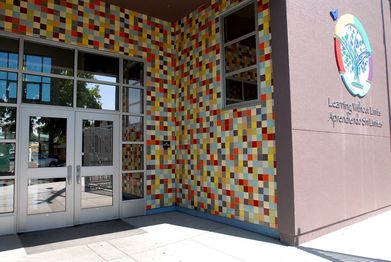
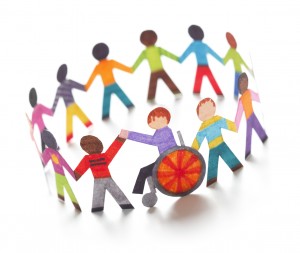
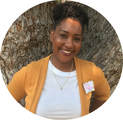
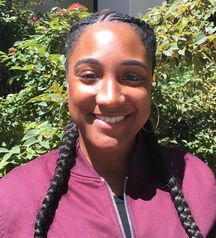

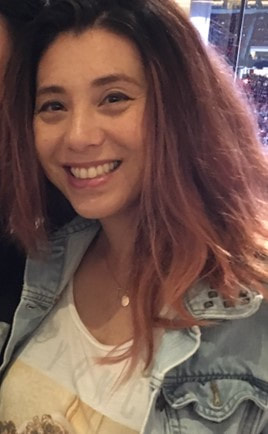

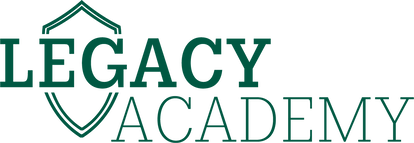

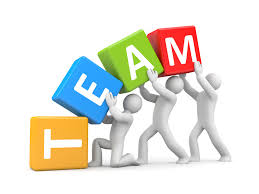
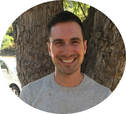


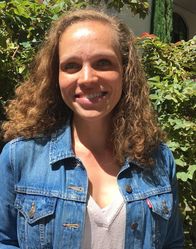

 RSS Feed
RSS Feed